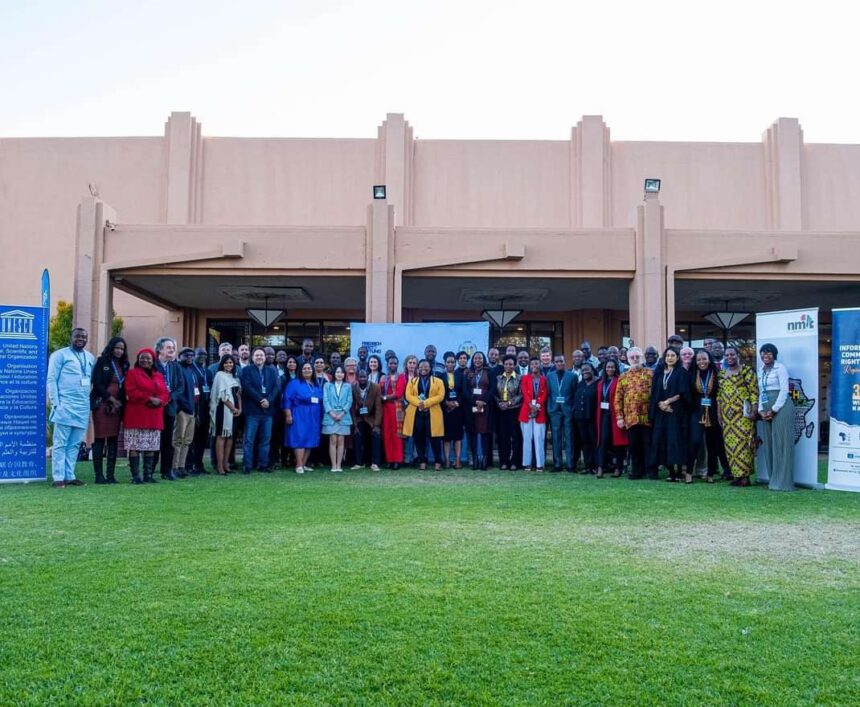Investigative journalists in Africa have to find innovative ways to do their work as resources become scarce and safety concerns grow.
Various investigative journalists spoke about the challenges of their work at the Information and Communication Rights in Africa regional conference in Windhoek last week.
The regional conference on Information and Communication Rights in Africa, which took place from 31 May to 2 June 2023 in Windhoek, brought together access to information (ATI), digital rights and human rights activists, media workers and support actors from across Africa to discuss the state of access to information, digital rights and human rights in Africa and propose solutions to some of the major challenges faced by citizens of the continent.
The conference focused on strengthening freedom of expression and the public media landscape in Africa.
Shinovene Immanuel of The Namibian newspaper highlighted the importance of media institutions in the region and on the continent working together.
He said many donors have stopped funding investigative work because they consider the southern Africa region as stable and peaceful.
He also said legal battles not only “drain” the resources of media houses but legal suits also have a chilling effect on future reporting.
“Journalists might self-censor if the threat of legal action persists.”
He said investigative journalism has much more opportunities for training and informed the conference that journalists from the region spending time in other newsrooms might be more effective than short-term workshops.
He also said media houses should invest in fact-checking to increase professionalism in the industry.
Cameroonian journalist Haman Mana, publisher of daily newspaper Le Jour, who left Cameroon in January fearing for his life, talked about an assassination attempt on his life after a popular radio host investigating government corruption was killed in January this year.
Martinez Zogo was a Cameroonian journalist and radio presenter, known for reporting on government corruption in Cameroon.
His mutilated remains were found near Yaoundé on 22 January – five days after he was abducted.
Attacks on journalists are on the rise in Cameroon, where Paul Biya has cracked down on dissent since he came to power over forty years ago.
Cameroon journalists have called for an investigation and said their profession is in danger after Zogo was found dead. During the same time, an attempt was also made on Mana’s life.
Mana suggested “hunting in pairs” and sharing information with other journalists in an African investigative journalism network to protect one another.
Peter Deselaers, programme director at DW Akademie Namibia and Southern Africa, said legal and physical threats to journalists and media houses that conduct investigative journalists need proper resources.
He said multinational oil companies, for example, “have deep pockets” and if they drag journalists to court, “it can be costly and quite debilitating”.
He suggested regional and global solidarity and the pulling of resources to overcome these challenges.
Also on the panel, Oxpeckers representative Andiswa Matikinca agreed that collaboration with other newsrooms and civil society strengthened their work and helped their resources go further.
Oxpeckers combine traditional investigative reporting with data analysis and geo-mapping to expose eco-offences and track organised criminal syndicates.



